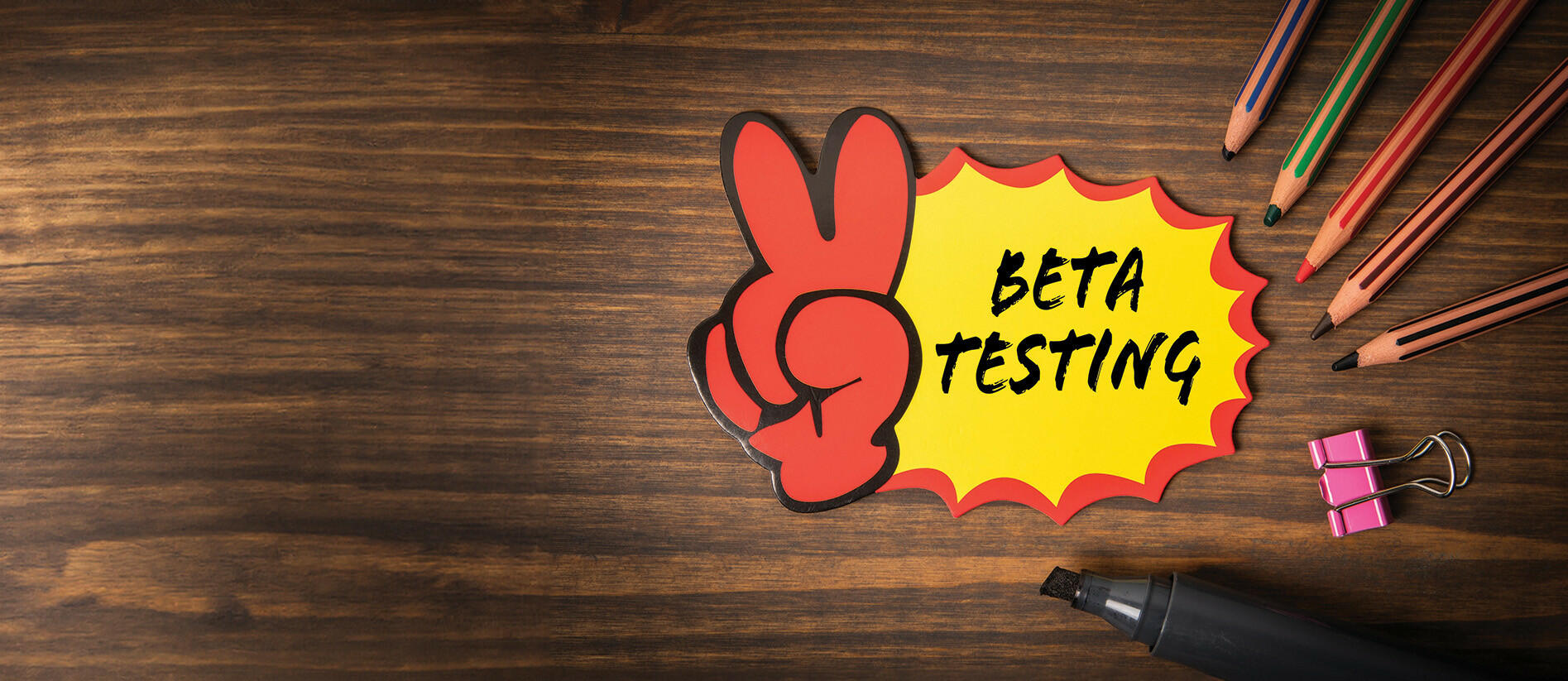Making Tax Digital for Income Tax: private beta testing

HMRC has now opened the private beta testing for Making Tax Digital for Income Tax to agents.
HMRC has embarked on the next step for Making Tax Digital (MTD) for Income Tax by opening up the private beta to agents and their taxpayer clients for 2024-25. A full public beta will open for 2025-26, before mandation starts in 2026 for those with gross income from self-employment and/or property of £50,000 or more.
Individuals may sign up directly for the private beta and tax agents can sign up their clients. There are separate pages for each route – the agent version can be found at tinyurl.com/bd2f9z9p.
Tax agents will need an agent services account, just as for VAT. Once the taxpayer has been added to the private beta, digital records must be kept of business income and expenses. MTD software will need to provide quarterly updates to HMRC and naturally the tax return process will continue as well.
At this stage, there are quite a few limitations and exclusions, as functionality is still being added to HMRC’s systems. A new system is being built for MTD and taxpayer records will be transferred to it from the existing legacy system.
Taxpayers may join the private beta provided that they are UK resident, with a National Insurance number and have filed at least one Self Assessment tax return and paid the tax due. This will be the 2022-23 return, as it is too early to consider 2023-24. Their accounting period must be to 5 April, or to 31 March provided that the software used for MTD filings supports this. Bizarrely, the system was built with a default accounting period of 5 April and so an election must be made to use 31 March before the first quarterly update is submitted. At the end of the first tax year, an adjustment must be made by those with March year ends to add in income and expenses from 1 April to 5 April, which would otherwise drop out. Individuals with different accounting year ends (for example, some farmers use 30 September) will have to wait until the system accepts a wider range of accounting dates.
Current exclusions
Since additional functionality is being added to the new system, taxpayers cannot currently be accommodated if they:
- are in receipt of high income child benefit charge, married couple’s allowance or blind person’s allowance;
- are a partner in a partnership;
- have income from a trust;
- have income from being a foster carer or being in a shared lives scheme;
- have income from a furnished holiday let or a jointly owned property;
- use ‘averaging’, for example because they are a farmer, writer or artist;
- face an open compliance enquiry;
- are currently, or are going to be, bankrupt or insolvent;
- are an MP, minister of religion or Lloyd’s underwriter; or
- have a payment plan with HMRC.
Taxpayers will not be able to carry back losses, change their accounting period, or switch between cash and accruals.
Software
The basic requirements of MTD are that the taxpayer keeps their accounting records digitally and sends quarterly updates of accounting information to HMRC. At the end of the tax year, accounting and tax adjustments may be needed – but these can be carried out in a different system. Most taxpayers (at least 70%) within the scope of MTD have a tax agent, who will typically use agent software to prepare and file the tax return. One model is for the taxpayer to keep digital records, allow the software to upload the quarterly updates and then let their agent take a digital transfer of the data into the agent’s tax filing system. The agent can then make accounting adjustments if needed (e.g. adjust for accruals, stock, depreciation if relevant, bad debts, personal expenses) and tax adjustments (disallowable items, capital allowances) before adding other items such as pension contributions, gift aid and other income needed to complete the final return.
HMRC’s software page (see tinyurl.com/2tmmu76a) lists software currently available, as well as providers whose software is under development. At the time of writing, there are seven products listed, although most don’t seem to have an MTD landing page. Some products are bridging software, in that they will link record keeping from a non-compatible accounting package (such as business-specific software or a spreadsheet) to quarterly updates.
Customer support
HMRC has a dedicated support team with a separate telephone number to help taxpayers and agents with any problems. The team will also be able to help with other tax queries relating to the enrolled taxpayer, which is a welcome bonus for anyone with more complicated tax issues.
Conclusion
Who will get the most out of MTD? Those who use the ‘encouragement’ to keep better records. The purpose of an accounting system is to help the business owner to understand how well their business is doing and improve efficiency. The benefit for agents in signing up at least one client now is to gain experience with the system, and gain insight into the business changes needed to support MTD from 2026.


